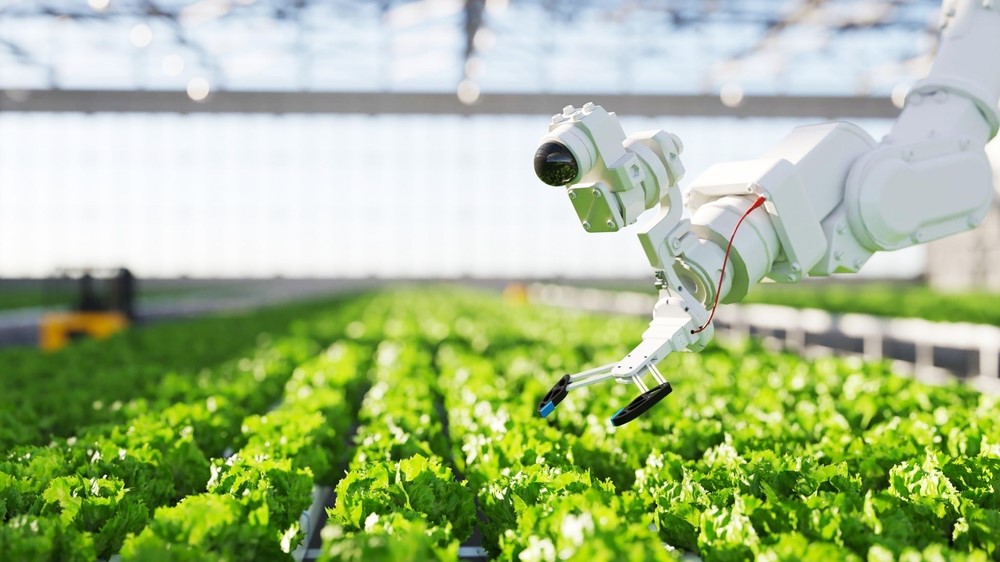Kigali, Rwanda, is set to host the second edition of the African Conference on Agricultural Technologies (ACAT) in May 2025, as announced by the event organizers during the closure of the first ACAT conference held in Nairobi, Kenya, on November 3.
ACAT is organized by the African Agricultural Technology Foundation (AATF) with support from various partners.
The inaugural conference, held under the theme “Agricultural Resilience through Innovation,” provided a platform for crucial discussions on repositioning the development and scaling of agricultural technologies and innovations to drive economic growth and development in Africa.
In the communique issued at the conclusion of the first ACAT conference, participants made calls for action, including endorsing the recognition and adoption of ACAT as a continent-wide biennial forum.
This forum aims to showcase emerging technologies and innovations, promote networking, shared learning, and improve access to technology and its delivery.
Furthermore, participants committed to sustaining engagement on agricultural technology between ACAT editions through the organization and participation in Strategic Dialogues in Agricultural Technology in Africa (SDATA).
These dialogues will foster discussions within and across strategic groups, including youth, ministers, researchers, the private sector, and farmers.
Additionally, participants urged African Union (AU) member states, regional economic communities, and other key stakeholders to nurture political will to drive technological advancement in the agricultural sector.
This push is aimed at achieving food self-sufficiency and intensified intra-Africa trade, aligning with the African Continental Free Trade Area (AfCFTA).
Canisius Kanangire, the Executive Director of AATF, emphasized the importance of creating an enabling environment and incentives to facilitate research, development, and commercialization of agricultural innovations.
He also stressed the need to establish a functional private sector, considering the vulnerability of African agricultural production and food systems to climate change, pests, and diseases.
ACAT 2023 brought together over 500 stakeholders, including government representatives, agro-industry leaders, policymakers, technical experts, private institutions, farmers, women, and youth.
The conference provided a platform to discuss ways to advance African agriculture, recognizing its immense potential. Agriculture accounts for a significant portion of the continent’s GDP and supports the livelihoods of more than half of its population.
Former President of the Federal Republic of Nigeria, Goodluck Jonathan, emphasized Africa’s agricultural potential and its crucial role in the continent’s economic development in his closing remarks.


Comments are closed.